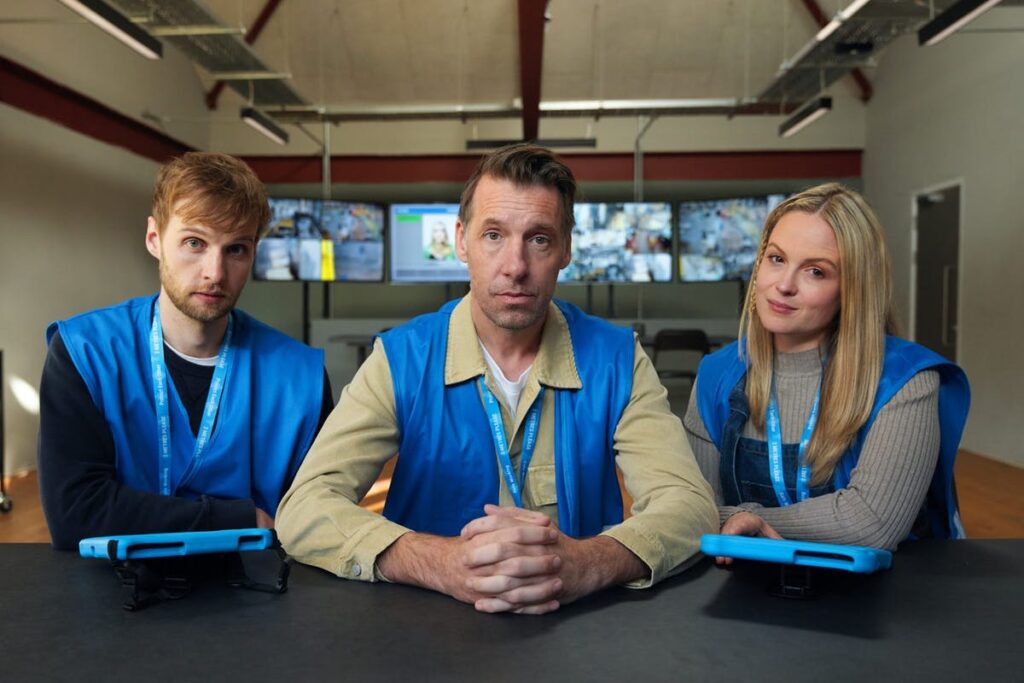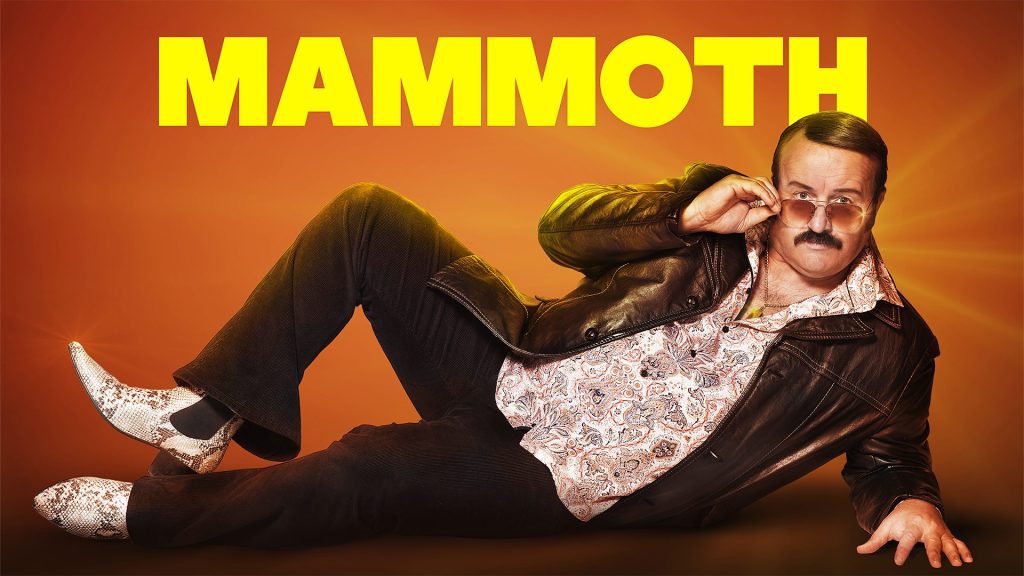
 (3 / 5)
(3 / 5)
The premise of Mammoth is far-fetched. But go along for the ride and this Welsh sitcom doesn’t disappoint. More funfair than theme park, its zaniness takes time to get used to. Once in the flow of Mike Bubbins’ world though, there emerges a strange empathy for his protagonist, resulting in a desire to return for more. It is a shame then that three episodes is all the BBC could muster.
The first episode is a whirlwind narrative. If the task was to squeeze in the life and times of Tony Mammoth in 25 minutes then it succeeds. But not without its fast pace feeling like a rush job. We go from his resurrection on the side of a ski slope, after being buried for 40 years underneath an avalanche of snow, to his reappointment as a PE teacher at Nowlan High School in the blink of an eye. Add in the quirky comedy and it’s possible for all this to be taken with a pinch of salt. It is not until the revelation, at the end of the episode, of Sian Gibson’s doting and overprotective parent as his daughter, that the programme settles and gains traction. Episode two certainly feels more stable even as the humour remains offbeat.

Most of the laughs arise in the dissonance between Mammoth’s 1970s worldview and the liberalisation of a 2020s UK. He is a boozer, pipe-smoker and womaniser, in a world no longer chugging back beers or treating women as objects. He struggles to come to terms with the fact that his boss is not only a woman but a lesbian too. Mali Ann Rees is suitably dismissive as Lucy, despairing in his attempts to connect with out-of-date references and inappropriate behaviour. She is the straight woman to his not-so-wise guy, a partnership that works and even finds slight affection blossoming between them by the end of episode three. Gibson, for her part, delivers an enraged performance opposite Bubbins’ calm exterior which also leads to funny moments filled with fondness. One cannot help feeling for Mammoth even as his views verge from the baffling to the squeamish. In this regard, he follows in the footsteps of other self-absorbed but strangely-lovable male leads, from Glyn Tucker (The Tuckers) to Ben Harper (My Family) and Victor Meldrew (One Foot in the Grave).
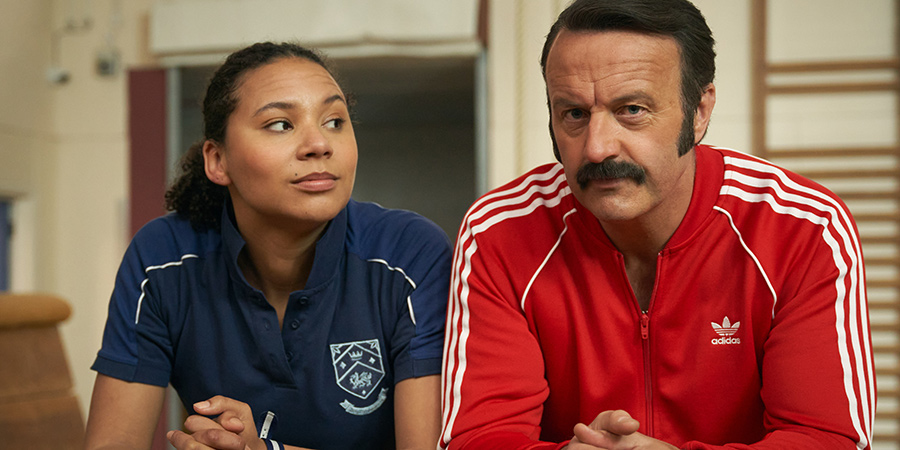
For so short a run, this sitcom is awash with verbal and visual tropes. Always playing with the generational difference, it is often the simple exchanges that invite the biggest smiles. The fact that he says “over” at the end of each correspondence at the drive-thru, he gives a pupil “10p [to get] a Marathon from the tuck shop”, and plays music to his class via a tape recorder all add to the ambience with charming effect. Then there’s the playing of “Burn Baby Burn” at his friend Barry’s funeral, giving a rabbit CPR on a wellness retreat, and riding into a café on a horse for daughter Mel’s birthday, that make his world peculiarly comical. It is not without its touching moments though. When fellow friend Roger (Joseph Marcell) poignantly sings the theme tune to Blankety Blank before he scatters Barry’s ashes, the tragedy of the situation is deeply felt, even as it remains absurd.
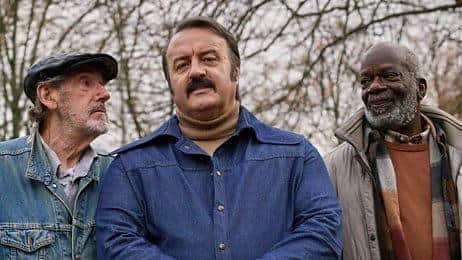
The ending is a good one, hopefully indicating at the promise of more. For most sitcoms take a while to get going and hit their stride. Mammoth is no different. Mike Bubbins has created a prime candidate for a great British sitcom character. There is enough here to warrant further. It may be odd but it is likably so. Hyperbole at its finest.
Click here to watch the series on BBC iPlayer.

Gareth Williams

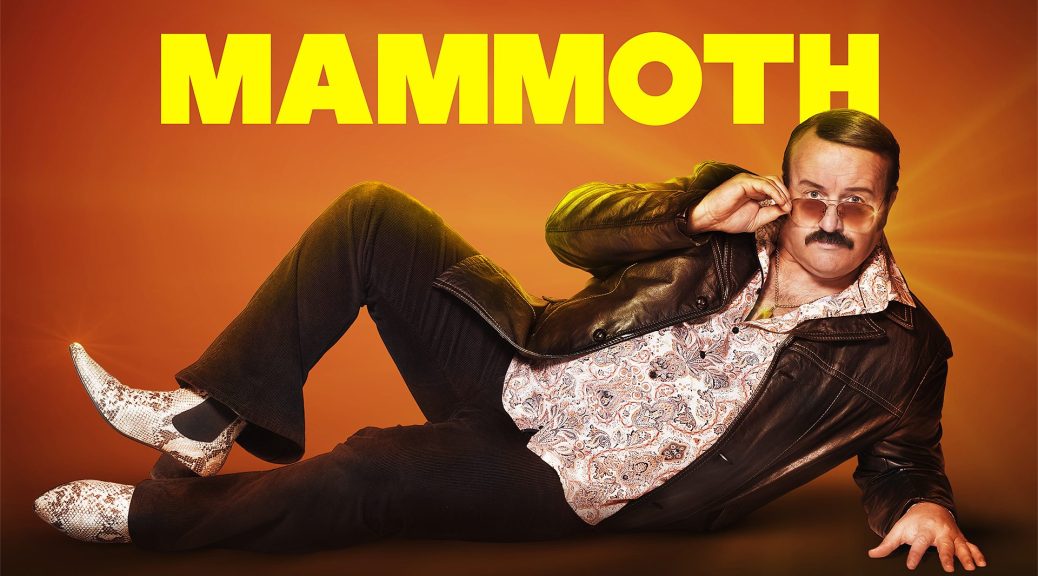
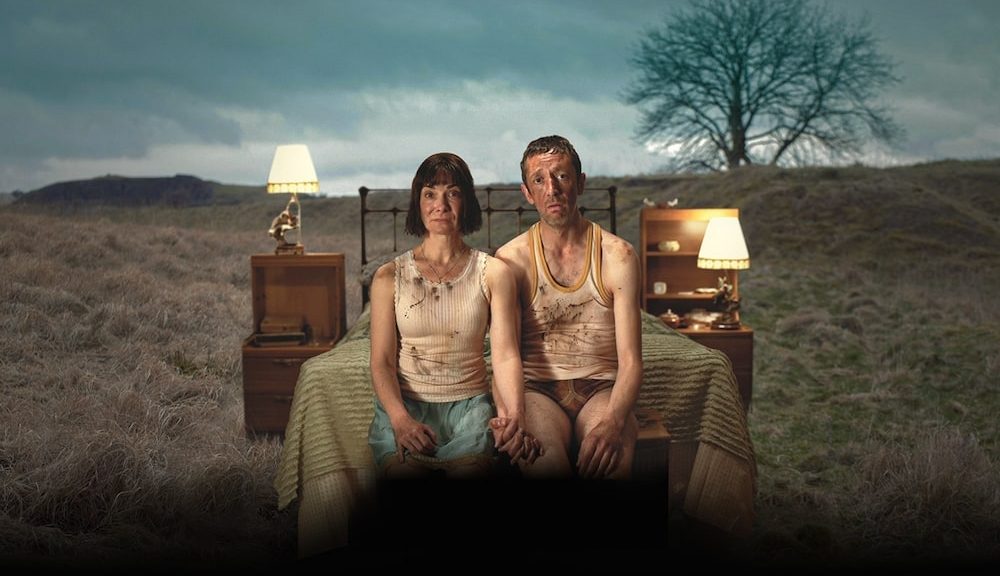
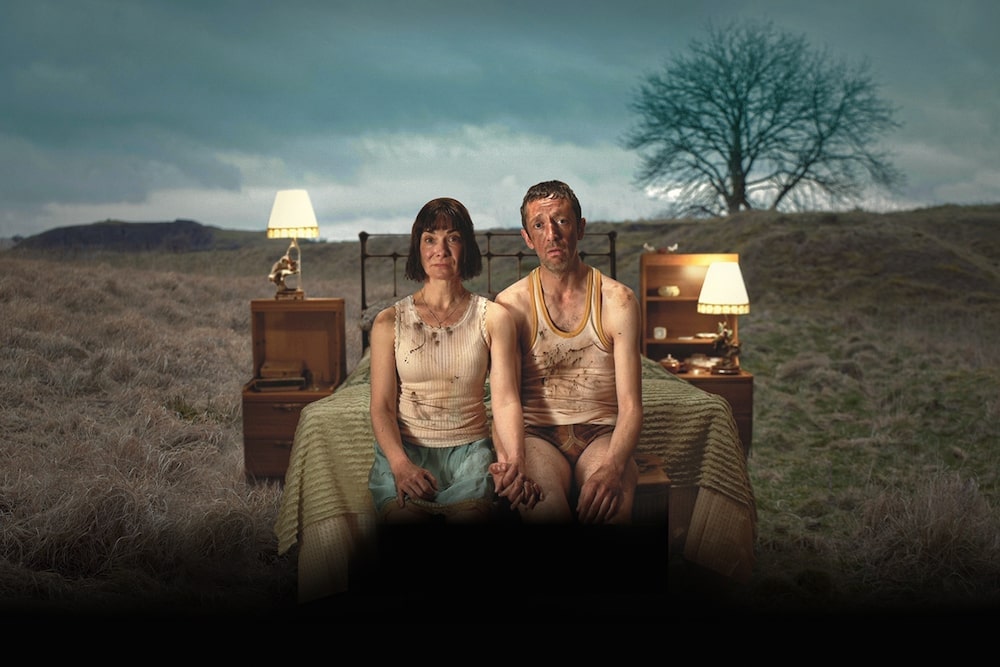
 (4 / 5)
(4 / 5)
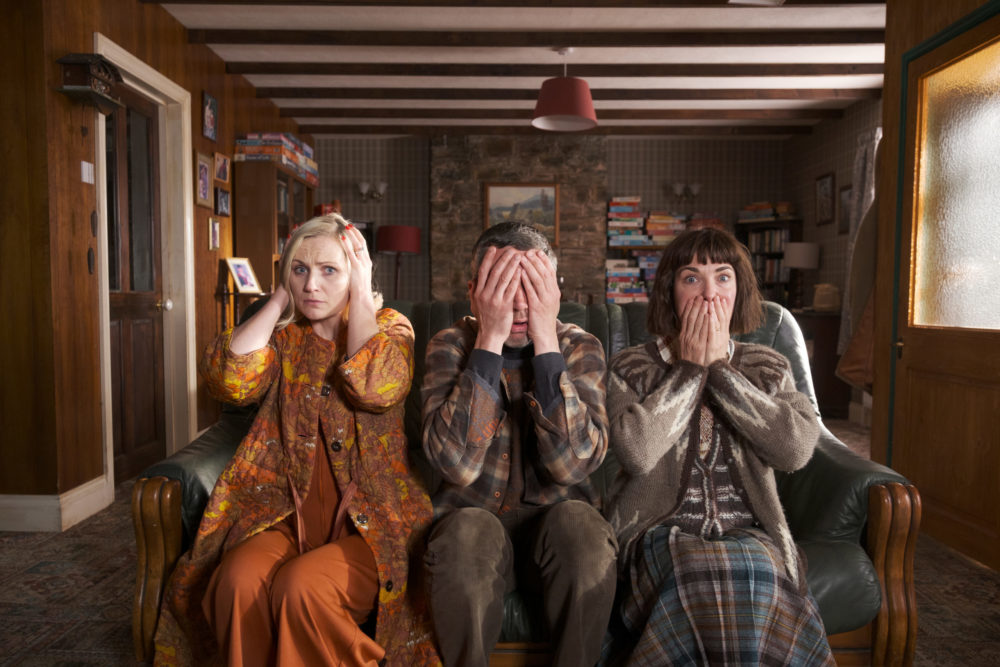
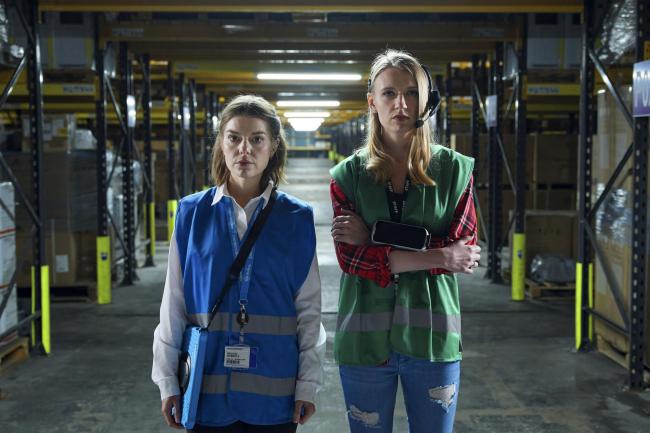
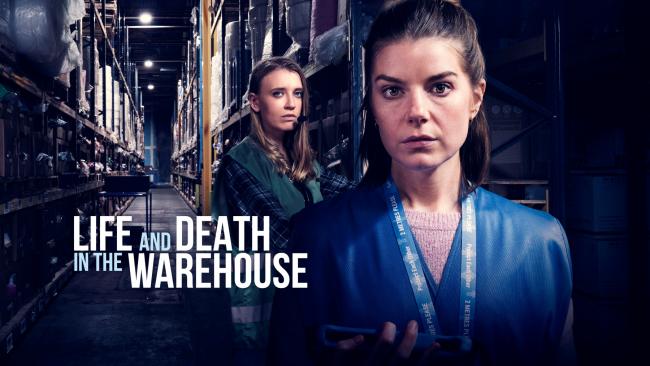
 (5 / 5)
(5 / 5)